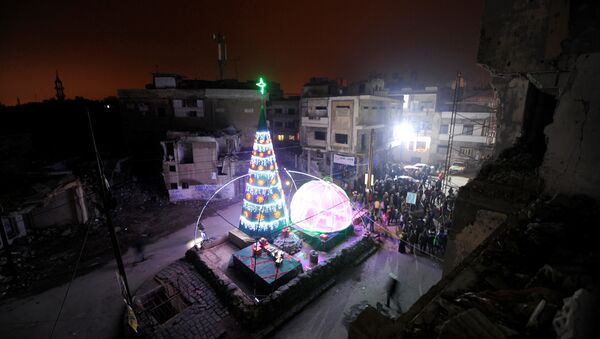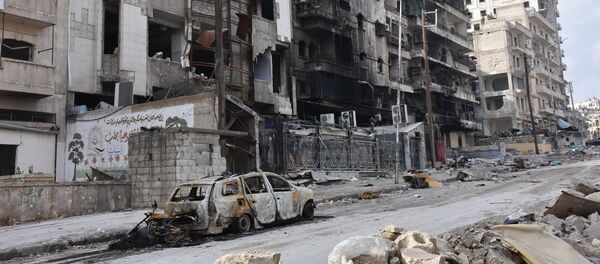"This ceasefire can potentially herald a new beginning, the beginning of the end of war in Syria. However, there are still many challenges … It is still unclear if their [al-Nusra Front and Daesh's] major supporters in the region and the West will continue pumping resources into their lifeline and providing them with a political and diplomatic umbrella," Moustapha said.
Opinions of terrorist groups in Syria are already divided over the recent ceasefire agreement, with dissent and splintering among their warlords, who are not interested in ceasing hostilities, Moustapha added. Some jihadists have even rejected the proposed ceasefire and it is still unclear if they persist on this position or agree to an end hostilities, he indicated.
On Thursday, Russian Foreign Minister Sergey Lavrov said Russia launched the groundwork for talks between the Syrian government and opposition in Kazakhstan alongside Turkey and Iran.
Commenting on the upcoming negotiations in the Kazakh capital, Moustapha stressed that Syria would actively and vigorously participate in the Astana talks.
"We have always believed that the solution to the Syrian crisis is a political solution that should be negotiated among the Syrians themselves," Moustapha explained.


